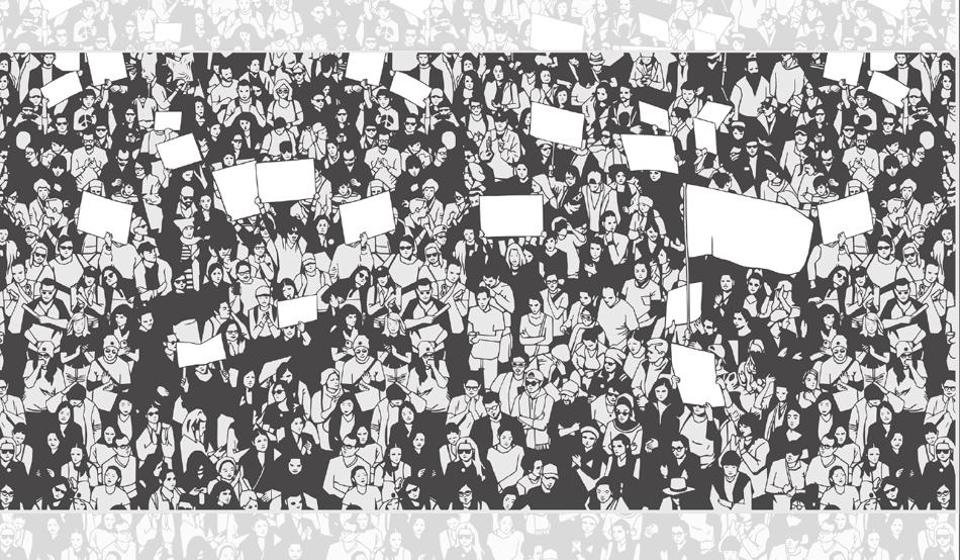More time is wasted on demeaning the term ‘feminist’ than on understanding and accepting it. Hear me out.
The first time I came across the word ‘feminism’ was in the first week of being at Lady Shri Ram College for Women, Delhi. I’d just joined the Bachelors in English and a teacher introduced the class to the feminist ideology, talking about how the social constructs of patriarchy were a way to silence the female gender.
As an impressionable student, I imagined her with a flamed sword, chopping down the shackles of patriarchy our lives were contained in. Outside the class, I asked this teacher if she was married. She said yes. “Ma’am, if you’re a feminist, how can you live with a man?”
The oft misunderstood feminist
Like many others, the presumptuous 17-year-old me had misunderstood the word and done it grave injustice. According to the dictionary, the word ‘feminist’ refers to ‘an advocate of women’s rights on the ground of the equality of the sexes’. But when I heard it first, I twisted its meaning and made it more about gender wars rather than striving for equality.
Within this anecdote lies my lifelong struggle with the word. (The word, mind you, not the ideology, before you sharpen your Twitter swords at me.) In India, as elsewhere, the word ‘feminist’ is taken into an alternative universe, twisted and turned into a swear word.
Would you use the F-word?
In a dramatic scene in my tantric series, a man calls Anantya Tantrist, the protagonist of the novel, a feminist. It’s not a word of appreciation but used in a slattern way, to put down, as an expletive. Anantya springs out her boneblade, slaps it onto his neck and whispers: “Don’t use the F-word.” Though the dialogue was published as it is in the Indian edition, it was red-flagged by a US-based literary agent.
The moot point: Why would Anantya, a feminist in all manners of behaviour and character, someone who fights against the rigidly patriarchal tantric society, have a problem with being called a feminist? For that’s what she is, isn’t she?
This is not something dramatically new. If there was a dictionary parallel, the term ‘feminist’ in our country would imply not someone who believes in equality but someone who is a ‘feminazi’, a radical feminist, a man-hater, a sexist out to destroy the other gender(s) by not shaving their armpits and not wearing bras. The politest version of its meaning I’ve heard here, unless you’re in academic living rooms, is the quietly sarcastic ‘Oh, you are the feminist type’. with an understanding nod of sudden revelation.

